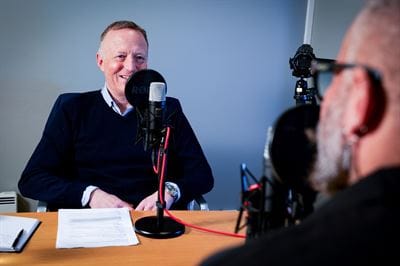How AI-generated fake groups are flooding music, from YouTube to Spotify.
AI-Generated Music Floods Streaming Platforms
The year 2025 is proving to be a breakthrough for Etta Mae Hartwell. In just a few months, the young soul singer has released two albums and a compilation, available on major streaming platforms like Spotify, Deezer, Tidal, and Apple Music. On YouTube, she has amassed over seven million views, garnering rave reviews. However, something seems amiss. On a discussion forum, one user expresses doubts: “Tidal recommended this artist to me yesterday, but I can’t find any information about her. Is she even a real person?”
In fact, Etta Mae Hartwell does not exist. Her voice – as well as the accompanying instruments – has been entirely generated using an artificial intelligence (AI) tool by Ersan Genç, a hobbyist residing in Turkey. Genç, who initially sought to “experiment for fun,” manages several similar fictional musicians, including another English-speaking soul singer named Layla Vaughn.
After Sundown, Appalachian White Lightning, Gate of None, Eurozia… By exploring major streaming platforms, it was possible to identify over fifty “groups” likely generating their music using AI. In most cases, it was impossible to contact the individuals behind these “artists,” but a handful admitted to using generative AI.
The Impact of AI Music Generators
This small sample is just a drop in the continuous stream of synthetic tracks currently flooding streaming platforms. One platform, which uses an internal tool to identify them, estimated the daily arrival at 10,000 tracks in January. It is now around 20,000 new titles, the company estimates, representing 18% of the music uploaded daily to the platform.
Enjoyed this post by Thibault Helle? Subscribe for more insights and updates straight from the source.







